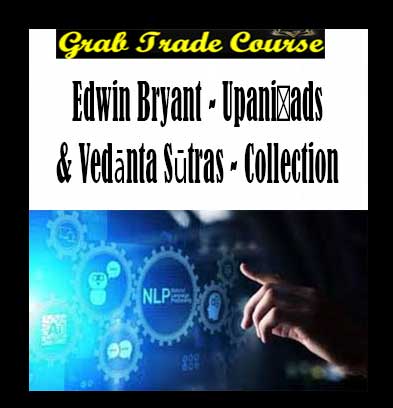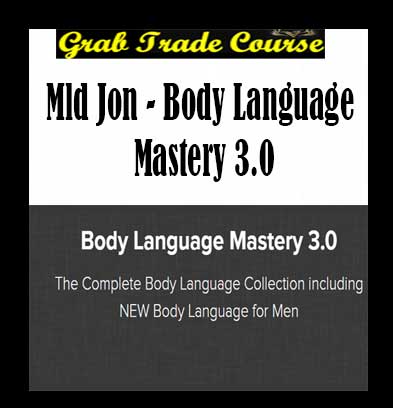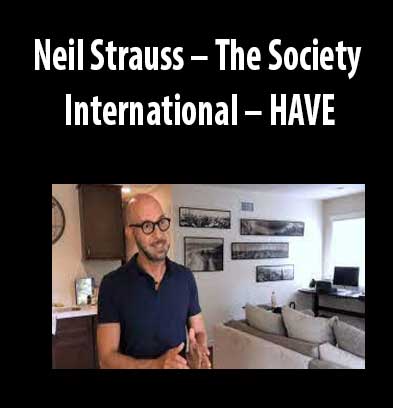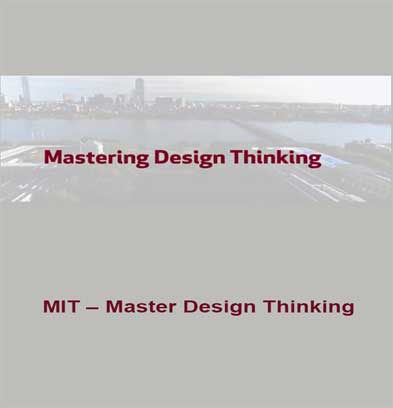Edwin Bryant – Upaniṣads & Vedānta Sūtras – Collection
Description
Edwin Bryant – Upaniṣads & Vedānta Sūtras – Collection review, Edwin Bryant – Upaniṣads & Vedānta Sūtras – Collection download, Edwin Bryant – Upaniṣads & Vedānta Sūtras – Collection free
Edwin Bryant – Upaniṣads & Vedānta Sūtras – Collection
About
The Upaniṣads are the earliest source Vedic texts wherein can be found the roots of all later Hinduism. It is in these texts that we find notions such as yoga, karma, moksha, ātman, reincarnation, bhakti, etc., first clearly expressed. All later Hindu schools of yoga trace their origins back to, so they stand as the foundation of all traditional Hindu spirituality. The Upaniṣads are also the main canonical texts for the variegated Vedānta traditions, which base their various understandings of the relationship between Brahman, the Absolute Truth, the ātman, the individual soul or consciousness in all embodied beings, and the world.
This course will engage the most famous and oft-quoted selections from the primary Upaniṣads – reading passages from the longer and more archaic Upaniṣads, such as the Brihadāranyaka and Chāndogya, as well as the entirety of the shorter Upaniṣads, such as the Katha and Iśa. We will find the earliest seeds of Indian philosophy in these texts, as well as beautiful metaphorically delivered expressions of the spiritual quest.
The course will also consider the opening verses of the Vedānta Sūtra, a text which sets out to systematize the unsystematic material of the Upaniṣads. Here we will encounter the interpretative lenses of two important Vedånta traditions – that of Advaita (non-dualist) Vedānta of the 8th – 9th-century theologian Śañkara (the lineage from which the great 20th-century Śivānanda stemmed) and that of the vishishtādvaita tradition of the 12th-century theologian Rāmanuja (the lineage from which the renowned Krishnamacarya hailed), which allows a more dualist understanding of the relationship between Brahman and the ātman. Thus we will trace the influence of these texts on the orientations of these two great masters, Śivānanda and Krishnamacharya, who stand behind much of exported Western yoga.
Module 1: Introduction
In the introduction to the course, we will have a brief discussion on the Vedic background and the Brihadāranyaka Upaniṣads.
Module 2: Chāndogya, Taittirīya, Aitareya & Kaushītaki
In module 2, we will read and discuss the Chāndogya, Taittirīya, Aitareya & Kaushītaki Upaniṣads.
Module 3: Kena & Praśna
In this module, we will read and discuss the Kena and Praśna Upaniṣads.
Module 4: Kaṭha
The module will cover the Kaṭha Upaniṣad.
Module 5: Iśa & Svetashavāra
In module 5, we will read and discuss the Iśa and Svetashavāra Upaniṣads.
Module 6: Mundaka & Māndukya
In Module 6, we will read and discuss the Mundaka and Māndukya Upaniṣads.
Module 7: Vedānta Sūtras pt. I
In this module, we will explore the first five sūtras of the Vedānta Sūtras text.
Module 8: Vedānta Sūtras pt. 2
In the final module of this course, we will go through selected verses aimed at providing a sense of how dualism and non-dualist positions can be construed from the Upaniṣadic corpus.
Students who take this course will:
Absorb their minds in some of the earliest spiritual insights and teachings in the literary history of humanity.
Engage some of the sūtras of the Vedānta Sūtras.
Get a sense of how different verses from the Upanishads lead to the formation of different Vedānta lineages.
Get a better understanding of the philosophical origins of dualist, non-dualist, and other Vedānta traditions.
Find the earliest seeds of Indian philosophy, as well as beautiful metaphorically delivered expressions of the spiritual quest.
Author
Edwin Bryant
Edwin Bryant received his Ph.D. in Indic languages and Cultures from Columbia University. He taught Hinduism at Harvard University for three years and is presently the professor of Hinduism at Rutgers University where he teaches courses on Hindu philosophy and religion. He has received numerous awards and fellowships, published eight books, and authored a number of articles on the earliest origins of the Vedic culture, yoga philosophy, and the Krishna tradition.
As a personal practitioner of bhakti yoga for over 45 years, a number of them spent in India studying with traditional teachers, where he returns yearly, Edwin strives to combine academic scholarship and rigor with appreciation towards traditional knowledge systems. His teaching method is to allow the ancient texts to speak in their own voice and through their own terms and categories.
Edwin’s most recently published work is Bhakti Yoga: Tales and Teachings from the Bhāgavata Purāṇa (Farrar, Straus & Giroux, 2017). This work seeks to ground the practices of bhakti in the traditional Krishna-centered framework of the Vrindavan devotional traditions.
Our Policies
A. Product Quality
We will provide GOOD quality of courses fast. If any issue, email: [email protected].
We sure that your problem will be support as soon as possible.
B. Digital Shipping Proceess
After your payment, we will review your payment, Then, we will send you PCLOUD LINK OF COURSES through email in 3 – 8 hours. If any issue, we will inform you as soon as possible.









Reviews
There are no reviews yet.